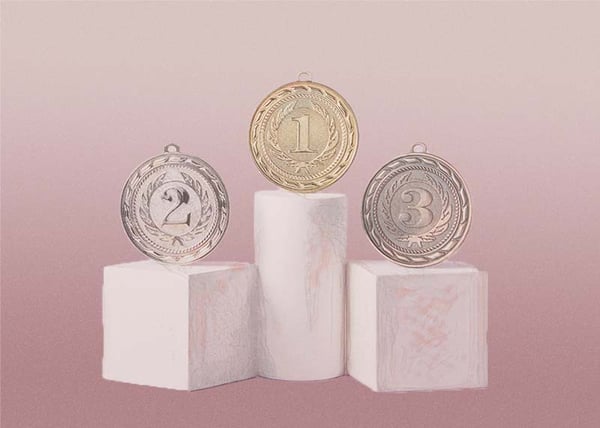Olympic path to a parliamentary career
Sports have evolved beyond competition, becoming a source of national pride, especially for small nations like Georgia. Beyond the pride, here, sports have also been effectively utilised as a political tool. The country's strong performance at the 2024 Olympics, where it secured seven medals, handed the ruling Georgian Dream (GD) party an unexpected opportunity prior to the upcoming parliamentary elections on 26 October. The party has been quick to attempt to capitalise on the athletes' achievements, seeking to align themselves with the hard-earned success of the Olympians.
Using the momentum, the Georgian Dream party, which faces significant public backlash over its controversial policies that threaten basic human rights and the country's European path, announced the inclusion of two out of the three latest Olympic gold medalists in its top 20 candidates. The list, published on 10 September, features Olympic wrestling champion Geno Petriashvili and three-time Olympic weightlifting champion Lasha Talakhadze.
The practice of athletes becoming politicians or sports being influenced by politics is not new to Georgia. After the Georgian national team's first-ever qualification for the 2024 European Football Championship, billionaire and the founder of GD party Bidzina Ivanishvili rewarded the footballers with 30 million Georgian lari (approximately €10 million) each for their outstanding performance. The gesture was widely criticised as a political bribe, likely intended to secure political support, which, given the outspoken criticism of GD's policies by many footballers, did not fully achieve its goal.
The close connection between sports and politics is recognised in the wider region. Due to the state's insufficient funding for sports development, this gap is often filled by oligarchs or wealthy businessmen with political ambitions. Since its formation, GD has consistently relied on high-profile figures, particularly athletes, to create a desirable image and boost support.
Nonetheless, as an athlete's popularity declines, they are quickly replaced by new emerging stars. The trend reinforces the general opinion about these athletes' absence from the decision-making process. And while the addition of fresh, well-known sportsmen is intended to sway voters, it remains to be seen whether this recurring strategy will once again work in favour of the ruling party in the upcoming election.

